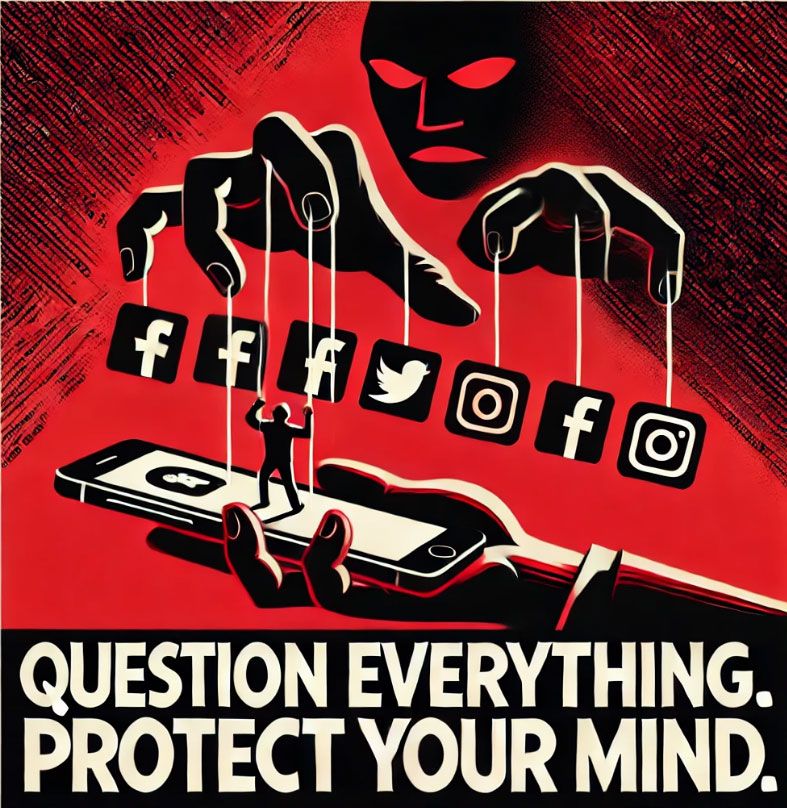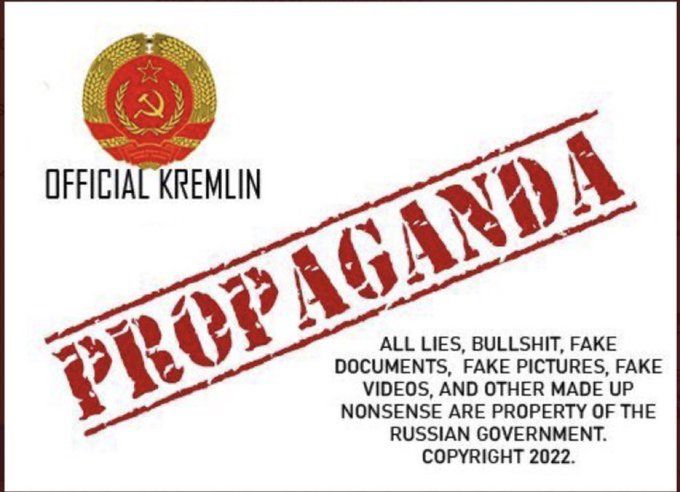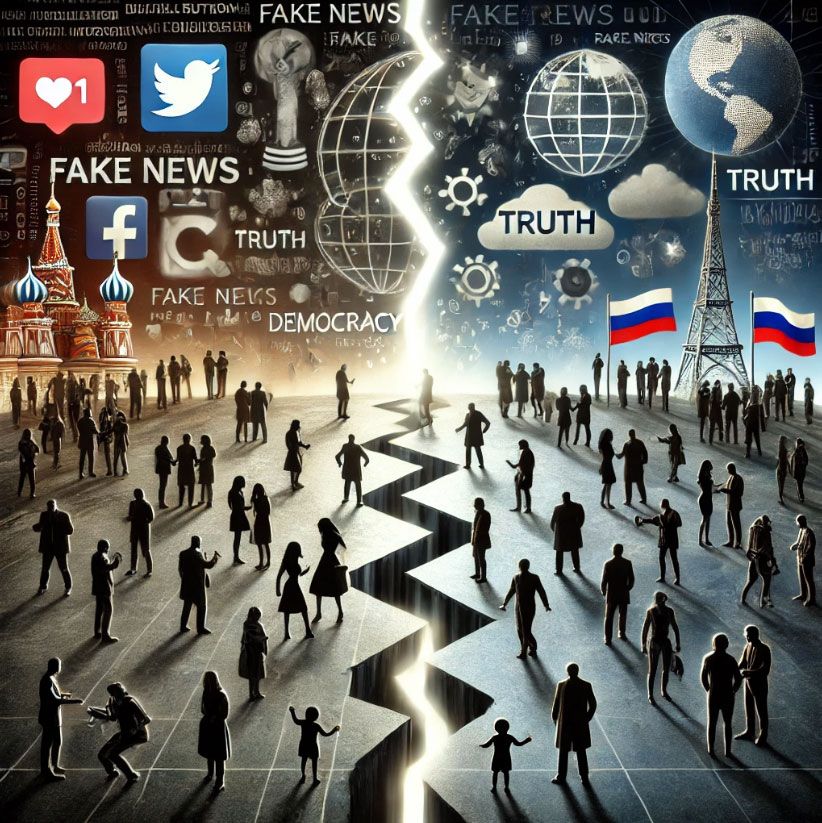How Disinformation Online Impacts You Today and Tomorrow
A recent investigation into a disinformation campaign called "Doppelgänger" reveals just how easily this can happen.
This analysis is detailed in the report Influence by Design by CheckFirst, which examines how state-sponsored actors exploit social media to manipulate public opinion.
You can read more about this investigation here.
Run by the Russian marketing firm Social Design Agency (SDA), this campaign created fake news websites and used social media ads to spread false information. These ads appeared on major platforms like Facebook and Instagram, blending in seamlessly with legitimate content. The goal?
To stir confusion, distrust, and fear, especially about world events like the war in Ukraine and Western governments.
So, why should this matter to you?
How the Doppelgänger Campaign Operated
The Influence by Design report reveals several critical tactics the SDA used to execute this campaign:
- Exploiting Meta's Ad System: The SDA bypassed Meta's advertising policies by using fake identities and omitting disclaimers, allowing their propaganda to appear as regular content. This manipulation reached millions of users worldwide.
- Rapid Response to Global Events: The campaign swiftly reacted to major incidents, such as the Hamas-led attack in October 2023 and the Crocus City Hall attack in March 2024, releasing misleading ads within 48 hours to influence public opinion while emotions were high.
- Custom Visual Content: SDA created 76 unique cartoons embedded in 360 ads, using eye-catching visuals to make the false information more engaging and shareable.
- Financial Impact: Despite EU sanctions in July 2023, SDA's ads generated over 123,000 clicks within the EU alone, earning Meta an estimated $338,000 in ad revenue. This raises serious concerns about platform accountability and the enforcement of international sanctions.
How Disinformation Shapes Your Understanding
It directly affects how you understand the world. Studies show that 64% of people can't distinguish between real and fake news online (Pew Research Center, 2023).
When false stories appear in your feed, they can shape your opinions on critical issues—from elections to public health policies. You might unknowingly share misleading articles, spreading confusion among your friends and family.
This isn't just about politics; it's about your right to make informed decisions based on facts, not lies.
How Your Emotions Are Exploited
These tactics exploit your emotions. Disinformation campaigns often use fear, anger, or outrage to get your attention.
This emotional manipulation isn't accidental—it's designed to keep you engaged and make you more vulnerable to influence.
Why This Problem Is Growing
This problem isn't going away. As technology advances, these campaigns are becoming more sophisticated. Deepfake videos, AI-generated news, and even more convincing fake websites could soon flood our feeds, making it even harder to tell what's real and what's not.
Social media companies like Meta (which owns Facebook and Instagram) have been criticized for not doing enough to stop this. For example, Meta has faced scrutiny from watchdog groups and media outlets for allowing disinformation campaigns to run ads despite existing policies.
A notable critique can be found in reports by organizations like the Digital Forensic Research Lab and investigations published by The New York Times. Despite sanctions and rules, the SDA managed to buy ads and push propaganda.
This means that the platforms we trust aren't fully protecting us from harmful content.
What Can You Do?
- Question what you see online. Check if articles come from trusted sources.
- Think twice before sharing. Be cautious with sensational news.
- Support stronger regulations. Sign petitions like Change.org's campaign for social media accountability or support organizations such as the Center for Countering Digital Hate.
Stay Vigilant, Stay Informed
The digital world is part of our everyday lives, and staying informed about how it can be used to manipulate us is the first step in protecting ourselves.
Your awareness and action can make a difference. Understanding these hidden influences isn't just for experts—it's for everyone who values truth and wants to make decisions based on facts, not fiction.
Together, we can demand greater accountability and help build a safer, more truthful online world.
















